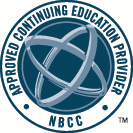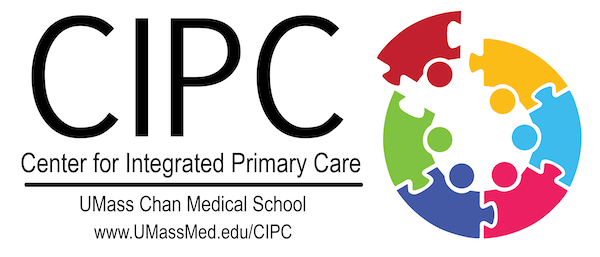Certificate Program in Patient-Centered Healthcare
Building Relationships and Managing Care Coordination
No matter where a practice might be on the spectrum of integrating behavioral health and primary care, it is clear that those individuals who provide patient-focused care management and care coordination are lynchpins for the health and wellbeing of communities. Any member of the care team can provide these important services, however, intentional investment in the training and support of these crucial health care team members has never been more important.
Healthcare, and primary care, in particular, are increasingly focused on the importance of population management. Patient Registries can provide data about the care of individuals struggling with diabetes, depression, cardiac disease, asthma, and many more chronic health conditions commonly seen in primary care. Care managers, care coordinators, patient navigators, health coaches--whatever titles one may assign--who understand how to work with patient registries and care plans can be a lifeline for patients coping with chronic illnesses and complex social situations.
This course takes a patient-centered and team-based approach to develop knowledge about patient engagement and care coordination unique to healthcare settings, with an emphasis on supporting patient autonomy and agency within a complex healthcare landscape.
Who should take this course?
This course has been built for nurses, social workers, medical assistants, and others who work as part of a team of healthcare professionals. These are the individuals who typically provide care coordination or are part of a larger care management group.
Why should I take this course? Should my staff take this course?
Thought leaders and researchers across healthcare settings have been recommending team-based, integrated care for over a decade. Today, the concept of "patient-centered care" is paramount to effective healthcare delivery. The bio-psychosocial approach of this course is key to successfully caring for patients and achieving the "Triple Aim". Healthcare practices benefit from personnel who can extend the relationships patients have with their PCPs in order to provide empathetic and supportive care tailored to the individualized needs of patients.
We provide group discounts and a flexible curriculum to make this training accessible and practical for medical practices and healthcare organizations to train their teams.
What are the elements of this course?
- There are no prerequisites; the course is built to be able to customize content for participants across many different disciplines (medical and mental health) with diverse experiences and expertise.
- Once enrolled, participants have 24/7 access to 21 pre-recorded e-learning modules including six Core Modules as well as the supplemental modules that include: Special Populations, Biomedical Topics, and Psychosocial Topics
- Completion of 15 modules is required, but all modules are available for viewing to registered participants
PCH Course Schedule
This is offered twice per year: Spring and Fall
We offer Q&A webinars to all participants during the course. These live sessions are not required but are offered to help support those taking the course as they learn new concepts and try new approaches in their real-life practices. This is case by case if needed.
Who Developed this course?
How much does the course cost?
- The individual cost is $400, Discounts are available for groups of 10+ ($350 per person) Please contact cipc@umassmed.edu
- We accept Credit Card, Check, or Institutional PO
- Link to Refund Policy
- Link to Grievance Policy
Are continuing education credits available for this course?
- Continuing Education credits are available, registered users have 13 weeks to complete the requirements for CEs
Continuing Education Credits for Counselors and Therapists

For who: Certified Counselors
How many credits: 15
Approved by: National Board for Certified Counselors
| Licenses | Medical Area of Specialty |
| LPC | Licensed Professional Counselor |
| LMHC | Licensed Mental Health Counselors |
| SAC | Substance Abuse Counselors |
| NCC | Nationally Certified Counselor |
| LMFT | Licensed Marriage & Family Therapists |
The Center for Integrated Primary Care has been approved by NBCC as an Approved Continuing Education Provider (ACEP No. 6842). Programs that do not qualify for NBCC credit are clearly identified. the Center for Integrated Primary Care is solely responsible for all aspects of the programs.
Note: Each profession has its own continuing education approval requirements depending on the state in which the professional is licensed. To the best of our knowledge, all 50 states accept NBCC credit for most licensed counseling and therapy professions. We recommend double-checking with your particular state licensure board.



